Ramadan challenges Muslim students to balance school and self-reflection
Many masjids hold group iftars throughout Ramadan so the whole community can get together to break their fast.
March 31, 2023
It has been said many times, and it is true: being a high school student is not easy. Balancing a constant stream of homework and projects with extracurriculars and a social life can be overwhelming at times, and uses up a lot of time and energy. For Muslim students like myself, there is one particular month of the year when our responsibilities ramp up, and we must focus not only on the aspects of our usual day-to-day life but also many other commitments in our communities and homes. This special month is Ramadan, which started this year on Thursday, March 22, the sighting of the new moon marking its beginning (and its end as well). The dates fluctuate from year to year, because the Islamic calendar is based on lunar cycles, as opposed to the solar Gregorian calendar.
Ramadan is the ninth month of the Islamic calendar, and considered one of the most important months, as Muslims believe it is when the holy book, the Qur’an, was revealed. It is best known for fasting (ﺻَﻮﻡ, or sawm in Arabic), which is one of Islam’s five integral pillars: each day, from sunrise to sunset, most Muslims refrain from eating and drinking anything, including water. This is meant to build compassion towards the less fortunate and gratitude towards things we take for granted, like food and water. We wake up for a small pre-dawn meal known as suhoor, then break the fast with a larger, richer meal known as iftar at sunset. This repeats for twenty-nine to thirty days.
While it can be easy to reduce Ramadan to just a month-long trial of hunger and thirst with a festival (Eid-al-Fitr, often known as just Eid, one of the two major Islamic holidays) at the end as a reward, it is meant to be so much more than that. Throughout the month, Muslims are encouraged to focus on doing good deeds, helping others through acts like donating money, and setting goals to become better people.
These goals do not necessarily have to be religious, and can be as simple as smiling more, complimenting someone every day, or spending more time studying. The point of Ramadan is not starving ourselves, but examining our flaws and trying to improve ourselves as much as possible to build good habits we can retain long beyond the month’s end.
Even with this wholesome goal in mind, it can be difficult to get completely absorbed in the Ramadan spirit, as we still must attend school. This splits our focus among so many different things: that test next block, that verse of the Qur’an we have to memorize today, and our empty stomach, to name a few possibilities.
No matter how dedicated one is to fasting, it’s not easy at first to watch everyone else eat at lunch while you remain empty, reach for your water bottle before remembering it’s not there, and switch around your sleep schedule to account for suhoor, iftar, and tarawih (voluntary night prayers). However, over time, we find a way to power through the exhaustion, hunger, and thirst, and learn what we need to make it through a normal day with less fuel than usual. This added challenge allows us to emerge feeling stronger, fulfilled, and more disciplined in the end.
There are ways the WA community can help make the Ramadan experience at school even more fun and easy for Muslim students. If someone notices their Muslim peers or students seeming groggy, irritable, or less engaged than usual, chances are it is because of the effects of fasting, and providing some space or lending a hand is much appreciated. Also, do not insist on giving us food or drinks, as that defeats the whole point. Instead, asking questions about the month or at the very least respecting people’s choice to fast are some great ways to show support, and might even end up in learning something new and gaining valuable perspective. Fasting, especially at school, is so much less of a struggle when there are understanding friends, teachers, and peers rooting for us and accommodating our needs.
As of now, it has been one week into Ramadan and it’s been off to a good start. Everyone has been very kind, and adjusting has only gotten easier since Thursday, with the only minor mishaps occurring when I was offered snacks by friends who did not know I was fasting, and I felt too bad to turn them down (they made for nice additions to my iftar!) A few trips to the masjid (the Islamic house of worship) have already made for memorable Ramadan experiences, and I’m sure they will only increase over the next few weeks. The rest of the month will bring new challenges and more opportunities to grow and reflect, and I am looking forward to continuing to try balancing these with school to truly make the most of the month. Ramadan Mubarak!


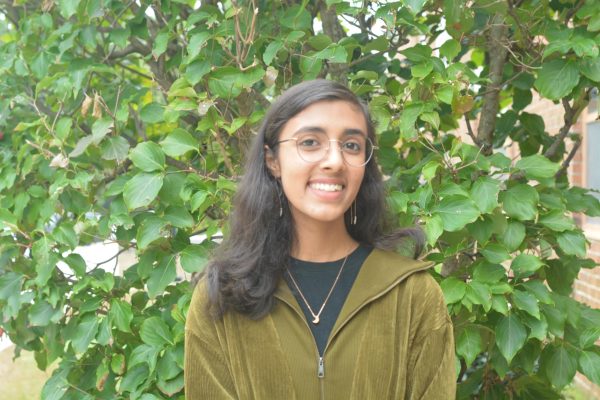

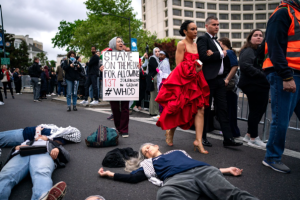

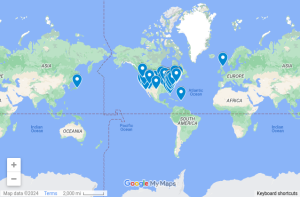


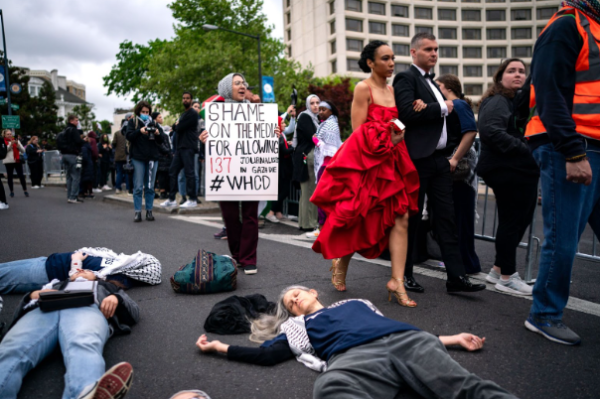


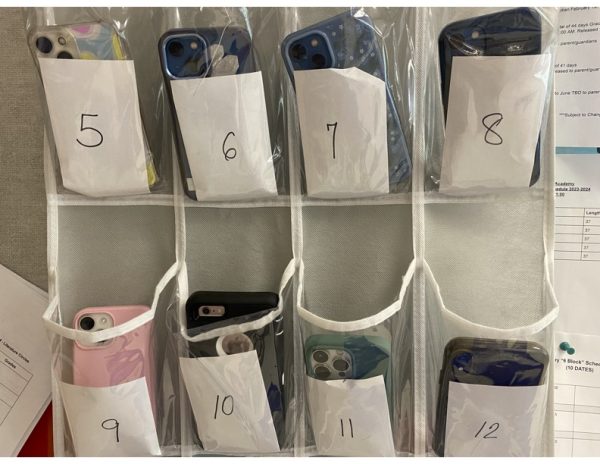



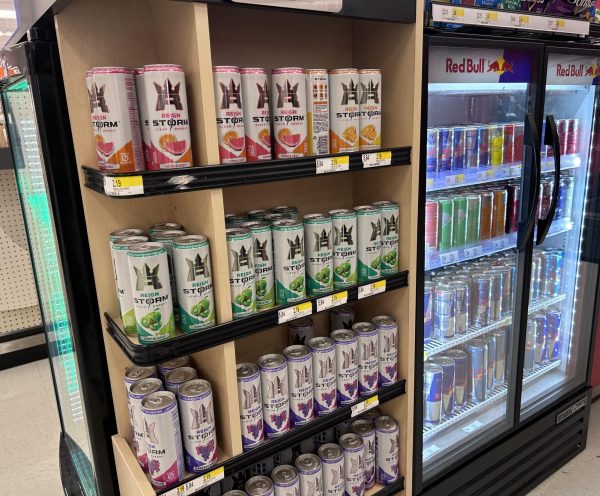
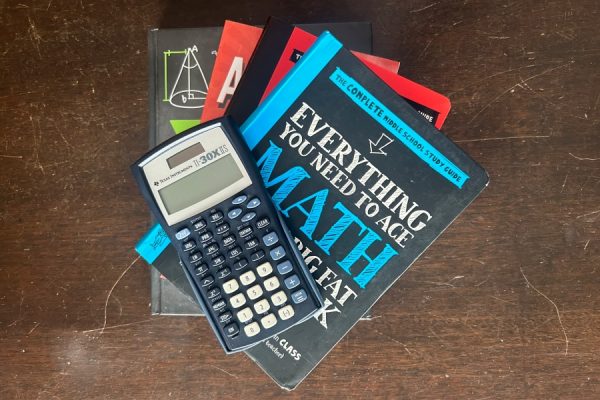
Mr. Gekle • Apr 2, 2023 at 11:36 am
Thanks for educating me on an important month.
Mr. Holbrook • Apr 1, 2023 at 9:25 am
I learned a lot from your piece, Simrah — thank you!